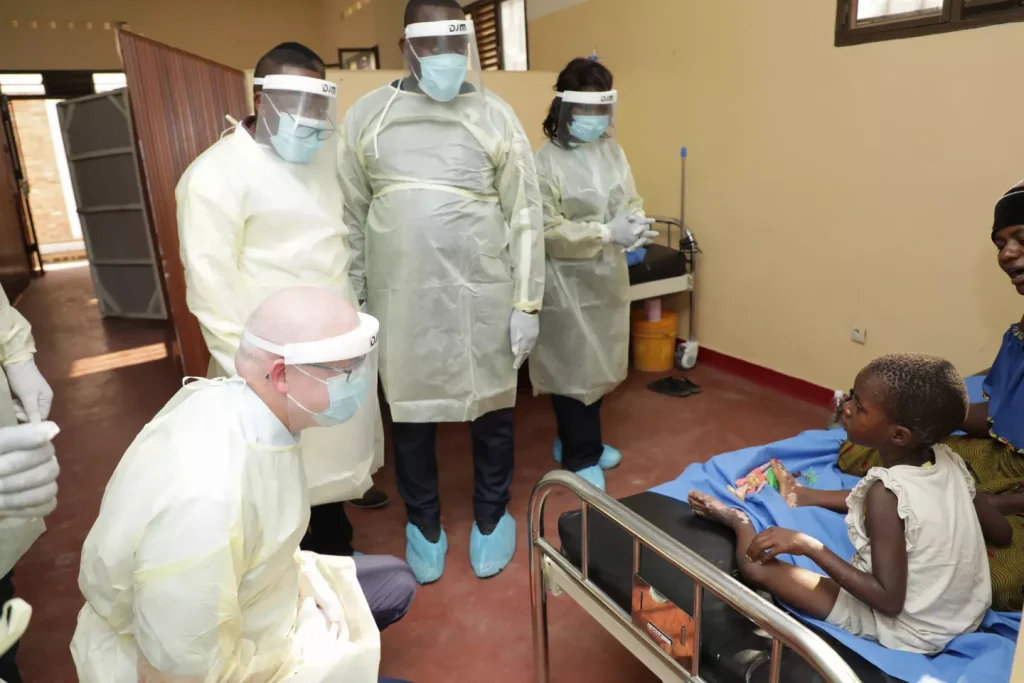A significant number of mpox cases in Burundi have been found in children under five, accounting for nearly a third of infections, according to the UN’s children’s agency (UNICEF). The outbreak has been particularly severe in Africa, with Burundi being the second hardest-hit country after the Democratic Republic of Congo (DRC).
Paul Ngwakum, UNICEF’s Regional Health Advisor for Eastern and Southern Africa, highlighted the alarming impact on young children during a briefing from Bujumbura. Ngwakum noted that two-thirds of the cases in Burundi involve people under 19 years old, with children under five representing 30% of the reported cases.
“Children in Burundi are bearing the brunt of the mpox outbreak, with alarming rates of infection and severe health impacts,” Ngwakum stated.

Mpox, formerly known as monkeypox, is transmitted from infected animals to humans and through close human contact. Symptoms include fever, muscle pain, and skin lesions that can be fatal in severe cases. The World Health Organisation recently declared an international emergency due to the rise of a new strain, Clade 1b, which has spread from the DRC to neighboring countries.
As of early September, the continent recorded 25,093 suspected mpox cases and 723 deaths, with the DRC accounting for the majority. In Burundi, 1,489 suspected cases have been reported, but no deaths so far.
Children in the affected areas, already suffering from low immunity and other health issues, are particularly vulnerable to the virus and in need of critical treatment to avoid severe outcomes, Ngwakum emphasized.


